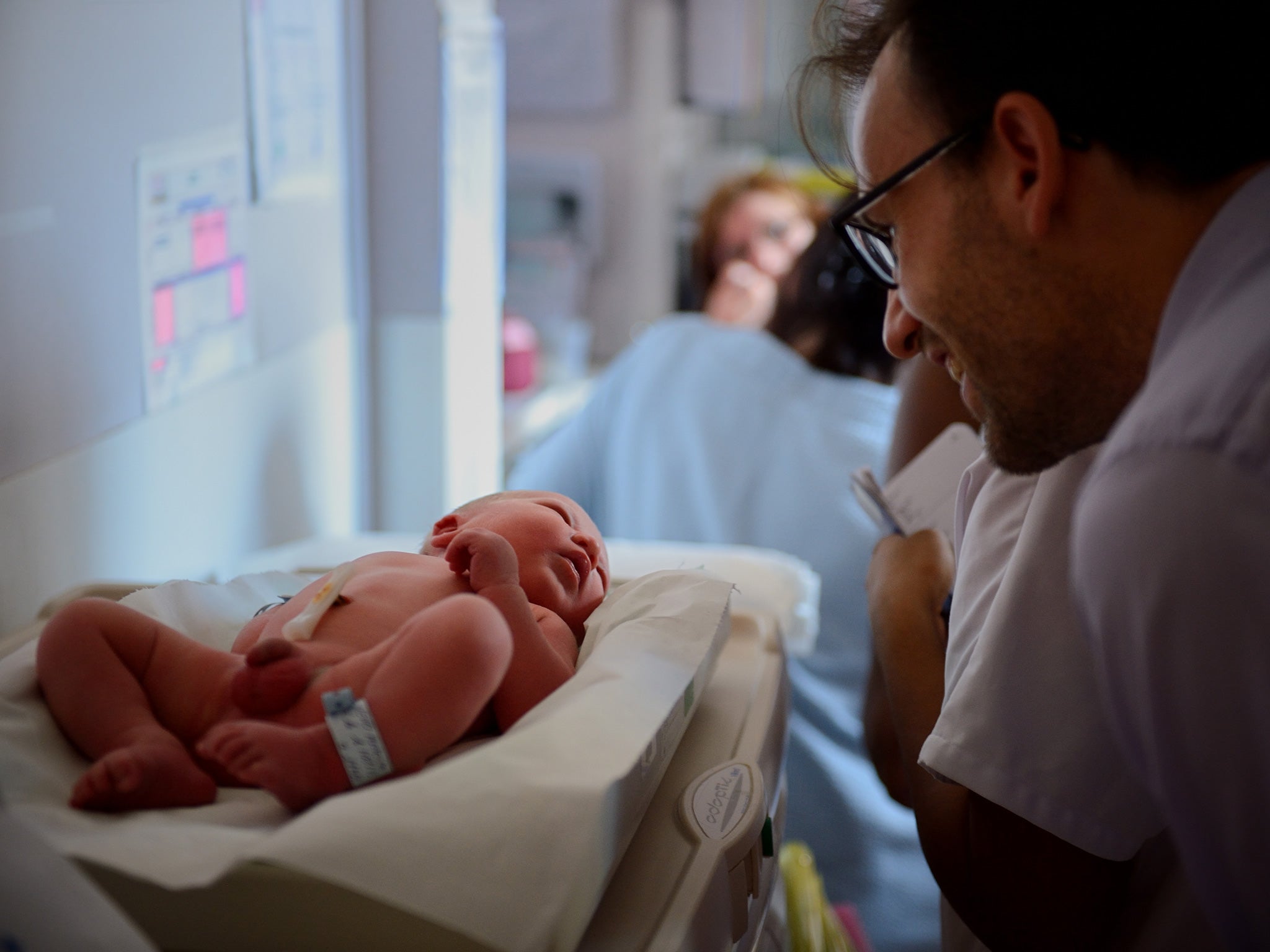‘Genetic superheroes’ are real and could lead to life-saving treatments – but nobody can talk to them
Some of the most important treatments in the world might be missing because of badly-designed consent forms

There are 13 people in the world who might be able to provide life-saving treatments for some of the world’s most damaging diseases — but doctors can’t find them.
The 13, who have been named “genetic superheroes”, have remained healthy despite carrying the same genetic mutations that usually lead to childhood diseases. Each of them should have been susceptible to Mendelian disorders such as cystic fibrosis, which begin in early childhood as the result of a defect in a gene.
But those 13 people didn’t have the usually inevitable illnesses that would be associated with their genetic make-up. They are apparently completely unaffected by their problem genes.
The only problem now is that scientists have no idea who those people are. They were identified by scientists during a study of more than half a million people’s DNA — but the researchers only had access to their genes, not the people themselves.
Doctors hope that if the people are found, they might help discover the naturally occurring mechanisms that have kept the conditions at bay in the 13. That might help lead to new treatments for people who are affected by the problems.
The people were part of the Resilience Project, which looked at 589,000 genetic codes in an attempt to find people who are immune to the genetic variants that usually lead to diseases.
"Most genomic studies focus on finding the cause of a disease, but we see tremendous opportunity in figuring out what keeps people healthy,” Resilience Project co-founder Professor Eric Schadt, from the Icahn School of Medicine at Mount Sinai, New York City, said. “Millions of years of evolution have produced far more protective mechanisms than we currently understand.
“Characterising the intricacies of our genomes will ultimately reveal elements that could promote health in ways we haven't even imagined."
But scientists will be held back from actually making use of that information because of the way consent was gathered for the project, the scientists wrote in the journal Nature Biotechnology. The researchers got full consent to use the genes, but not to talk to the people involved.
“"There's an important lesson here for genome scientists around the world: the value of any project becomes exponentially greater when informed consent policies allow other scientists to reach out to the original study participants,” said Stephen Friend, the other Resilience Project co-founder.
“"If we could contact these 13 people, we might be even closer to finding natural protections against disease. We anticipate launching a prospective study in the future that will include a more broadly useful consent policy."
The “genetic superheroes” are now being held back because of those consent forms. Scientists will have to work now to find ways of getting around the issues that the study has raised.
“"The researchers could not re-contact the majority of resilient individuals for further study because of a lack of necessary consent forms,” wrote Daniel MacArthur, a doctor from Massachusetts General Hospital in the US, in his comment on the study.
"Finding genetic superheroes will require other kinds of heroism - a willingness of participants to donate their genomic and clinical data and a commitment by researchers and regulators to overcome the daunting obstacles to data sharing on a global scale."
Join our commenting forum
Join thought-provoking conversations, follow other Independent readers and see their replies
Comments
Bookmark popover
Removed from bookmarks